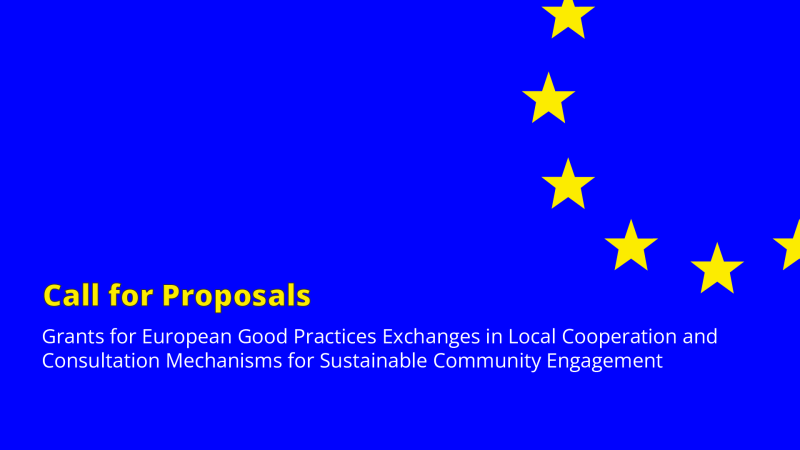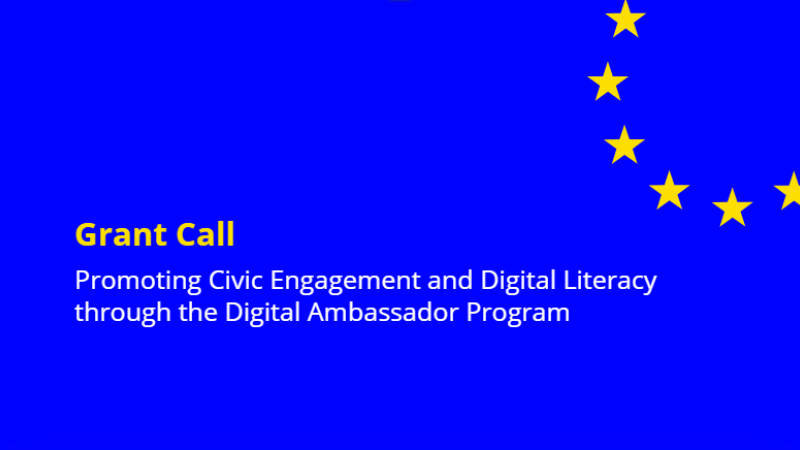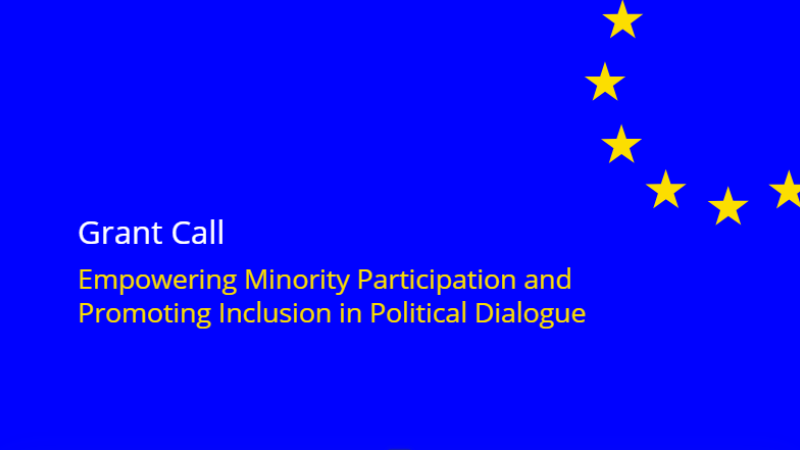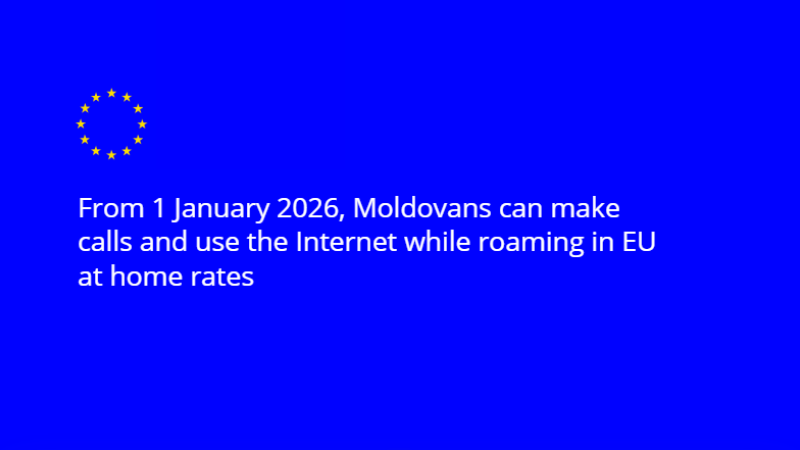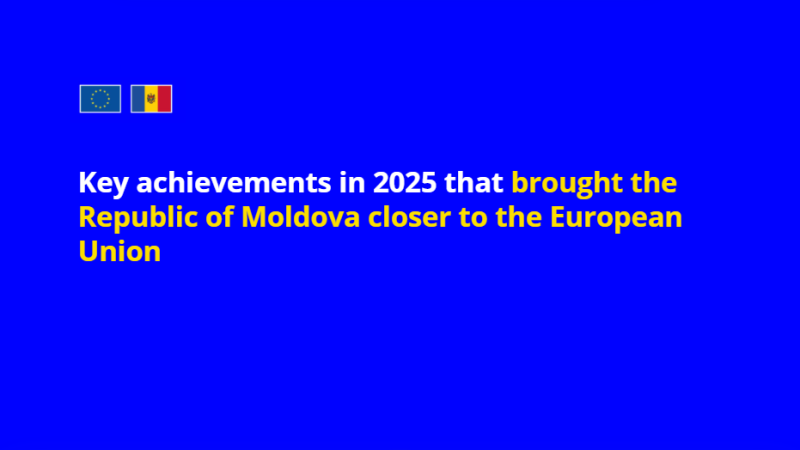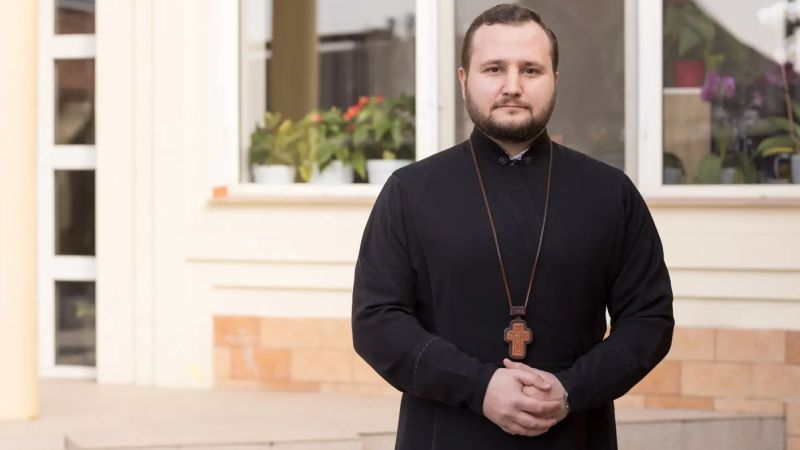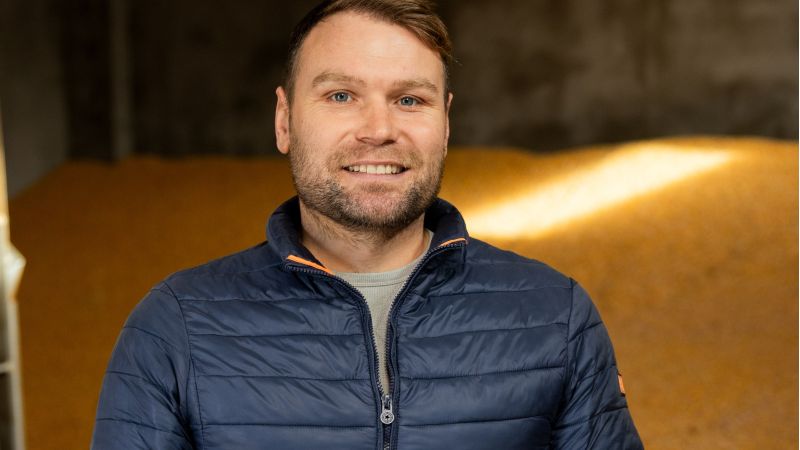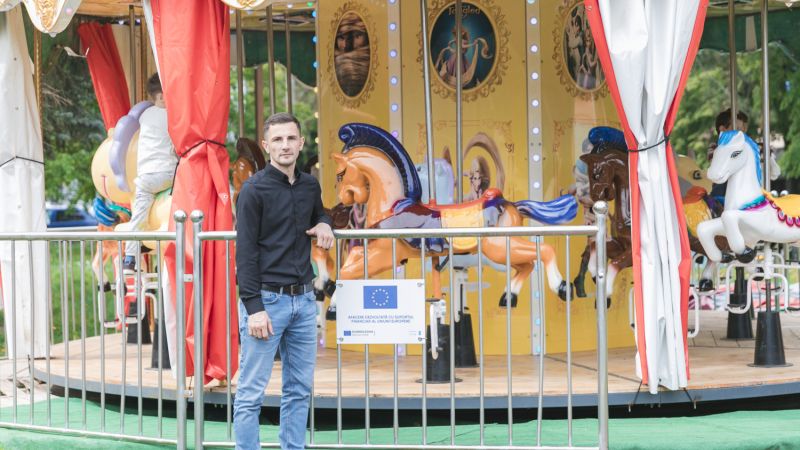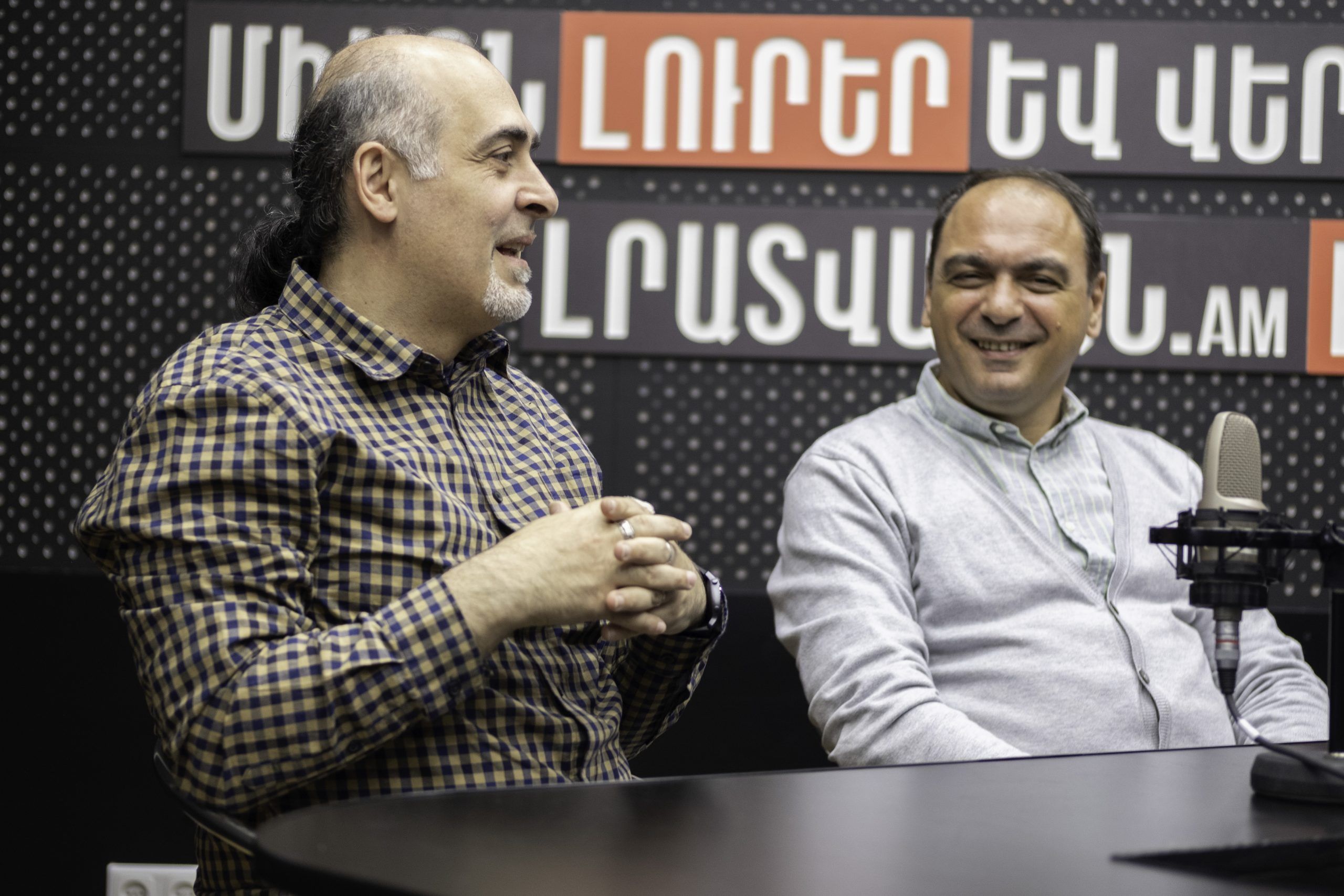
Experts reveal how fake news damage public health
- Cross-cutting areas
- Freedom & independence of media
What are fake news and why are they dangerous for the public? Why is the COVID-19 pandemic so often the target of media manipulations? How can you distinguish between misinformation and truth? How can you protect yourself from fake news in general?





Famous blogger and media expert Samvel Martirosyan, and Mediamax Editor-in-chief, Professor Davit Alaverdyan, discussed these issues with the Armenian News Radio.
The two experts teach Information Security at the Department of Journalism of the Yerevan State University (YSU), explaining to future reporters how to distinguish between reliable and false sources of information. Many people outside journalism can find the knowledge useful too, as a significant part of the population of Armenia gathers information from the internet and especially from social networks, Facebook above all, where “fake news” and media manipulations are particularly frequent.
“Sometimes the falsehood is so well-hidden that even I find it difficult to understand whether the news is true or not. In such cases, I try at once to find the source, seek confirmation of the given report in other sources that I consider reliable. It is much more difficult when the source makes contradictory statements. In the first months of the COVID-19 epidemic in Armenia, there were so many news, comments, and opinions, and they were so contradictory, that the public was really confused and people did not understand whom to believe,” said Samvel Martirosyan, who is an active participant of the public campaign promoting masks and other safety measures against the epidemic.
“Years ago, we lacked sources of information, and now, there are so many we have to limit them and sometimes even protect ourselves from them. I advise my students and colleagues to choose a few reliable media outlets that they trust based on the fact these outlets never lied, and to believe only them and reject or be skeptical of all other sources. I recommend doing the same on social media. It makes life much easier and helps to avoid disappointment,” advised David Alaverdyan.




The two experts link the new wave of media manipulations to the COVID vaccination campaign. A number of media outlets and active social media users are questioning the effectiveness of vaccines, although the whole world is getting vaccinated at a rapid pace to squash the pandemic for good.
“Fake news about healthcare-related topics are particularly dangerous, primarily for the patients themselves, because people might refuse to get vaccinated or reject treatment and die under the influence of these false reports. This is why we – the journalists, the bloggers, the experts – want to use all channels of communication to report the truth to the people,” concluded Martirosyan and Alaverdayn.
You can watch and listen to the full interview in the podcast:
Author: Mary Mikaelyan
Article published in Armenian, Russian and English by Mediamax.am
var nid=41735;
